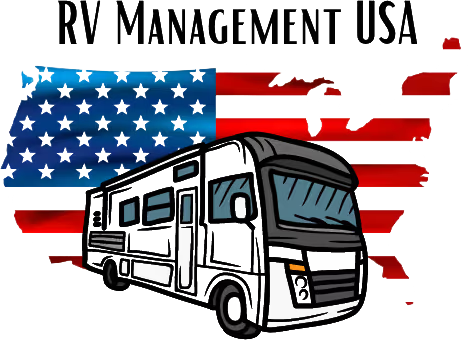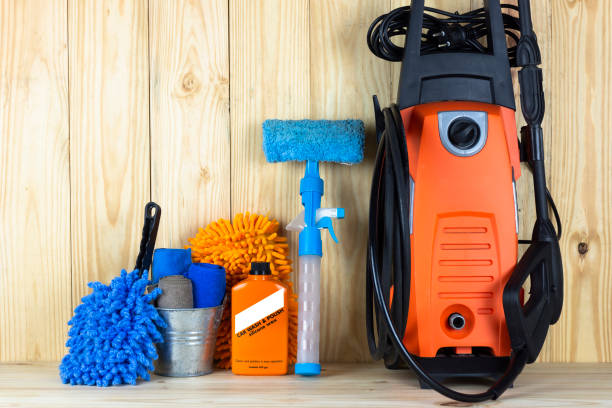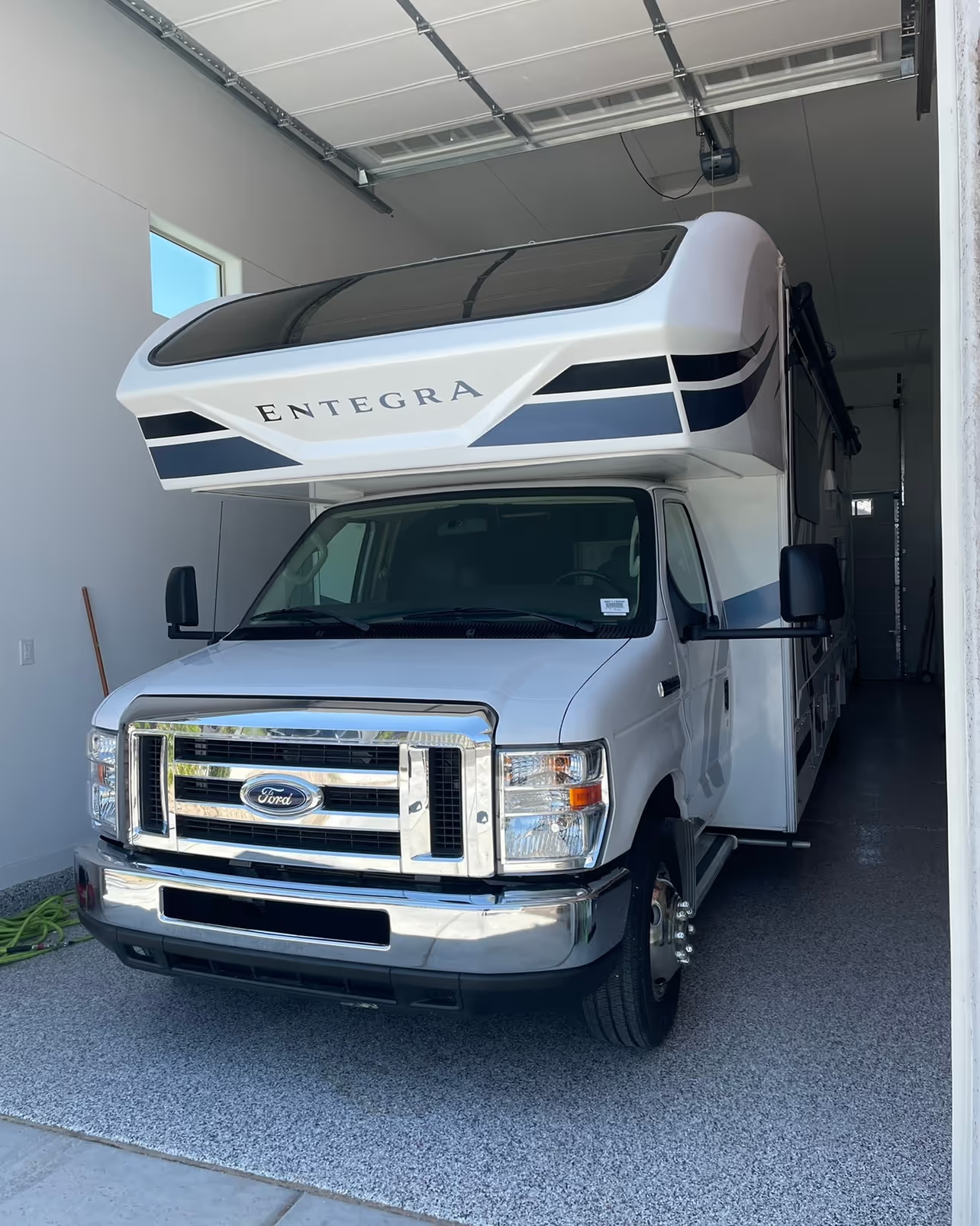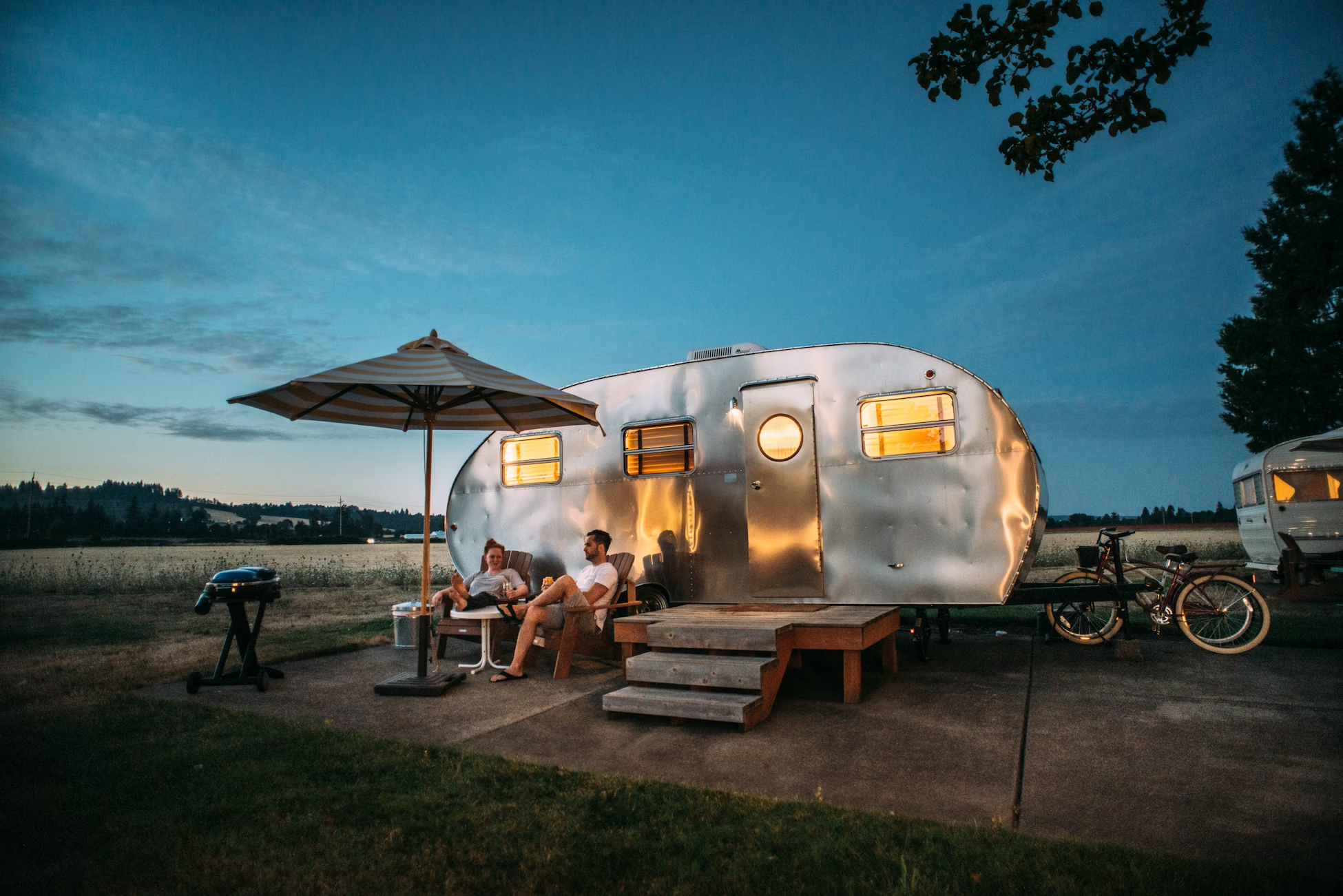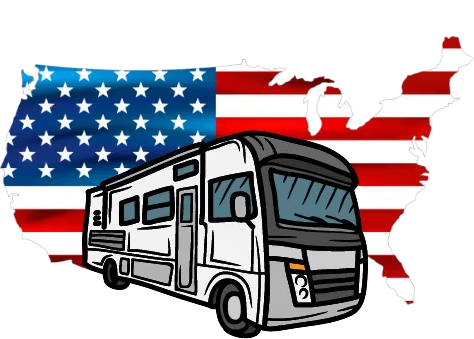When you rent out your RV, it’s not just a vehicle—it’s a business. And like any business, it needs protection. One of the most important (and misunderstood) parts of renting your RV is understanding how insurance works. What’s covered, what’s not, and how can you make sure your investment—and your liability—are protected?
The reality is, most personal RV policies do not cover rentals, and relying on the wrong insurance setup can leave you exposed to serious risks. That’s why professional rental management programs like RV Management USA build commercial coverage directly into their service—so your RV can earn safely and securely.
In this article, we’ll break down how insurance works in RV rental management, what types of coverage are essential, and how to make sure you’re not left holding the bill when something goes wrong.
Table of Contents
- Why Personal Insurance Isn’t Enough
- The Role of Commercial Rental Insurance
- What a Good RV Rental Policy Covers
- How Platform Insurance Works (and Where It Falls Short)
- What Happens When Damage or Accidents Occur
- Insurance Best Practices for RV Owners
- Final Thoughts
Why Personal Insurance Isn’t Enough

The first thing RV owners need to know is that personal insurance doesn’t apply when your RV is being rented. Personal-use policies—like those offered by traditional auto and RV insurers—are designed for recreational driving, not commercial income.
If you rent out your RV through a platform or to a private party while still on a personal policy, and an accident occurs, your claim may be denied outright. In some cases, your policy could even be canceled.
That’s why switching to (or supplementing with) commercial rental insurance is a must when entering the RV rental market.
The Role of Commercial Rental Insurance
Commercial RV rental insurance is designed specifically to cover your unit while it's in the hands of a renter. It bridges the gap between personal ownership and business use, offering protections that personal auto policies simply don’t.
With RV Management USA, your RV is automatically covered under a renter-specific commercial insurance policy each time it goes out. This coverage is typically secured through integrated platform policies (like Outdoorsy) or through independent commercial rental partners like MBA.
The goal is simple: ensure full coverage for liability, damage, and incidents during every rental period—without putting your personal insurance at risk.
What a Good RV Rental Policy Covers
A comprehensive RV rental insurance setup usually includes the following core protections:
- Liability Coverage – Protects against bodily injury and property damage the renter may cause to others. This is crucial if your renter gets into an accident and someone sues.
- Collision Coverage – Covers damage to your RV caused by a crash, regardless of who was at fault.
- Comprehensive Coverage – Protects against non-collision damage, like theft, fire, vandalism, falling trees, and weather-related incidents.
- Uninsured/Underinsured Motorist Coverage – Steps in if the renter is hit by someone without adequate insurance.
- Interior Damage Protection – Optional but valuable coverage for spills, appliance damage, or accidental breakage inside the RV.
- Roadside Assistance – Many rental programs offer or bundle roadside coverage to assist renters during breakdowns or lockouts during the rental period.
The key to peace of mind is knowing that every trip is insured and that every renter is screened before coverage begins.
How Platform Insurance Works (and Where It Falls Short)

If you list your RV on a peer-to-peer platform yourself, insurance is often included—or at least offered as an opt-in service by virtue of listing your RV on the platform.
These platforms typically partner with major underwriters to provide commercial rental coverage during each booking.
Here’s what that usually looks like:
- Outdoorsy (U.S. & Canada) – Offers up to $1M in liability coverage, plus comprehensive and collision. Renters choose between different protection packages with varying deductibles and inclusions. Owners are covered for physical damage with no upfront cost.
While these protections are convenient, they’re only active during platform-booked rentals. If you rent privately or through a third-party company who doesn’t use the platform, you’ll need separate commercial coverage. RV Management USA always makes sure your RV is protected with commercial insurance, no matter what booking platform.
What Happens When Damage or Accidents Occur
Accidents are rare—but they happen. The difference between a stressful experience and a smooth resolution comes down to preparedness and documentation.
Here’s how damage is typically handled in a rental management program like RV Management USA:
- Pre-trip inspection – The RV manager performs a visual and photographic inspection to document the condition before departure.
- Incident report – If something happens, the renter is instructed to contact the manager and submit photos and a description of the issue.
- Claims process – The manager files a claim with the platform or insurance provider, coordinating repairs and submitting documentation.
- Deposit usage – Minor issues may be resolved using the renter’s security deposit (e.g. missing items, extra cleaning, minor interior damage).
- Repair and payout – Approved claims are processed, and any out-of-service time may be reimbursed if loss-of-use is included, which it usually is not.
RV Management USA oversees this process end-to-end, so owners are never left chasing claims or dealing with unresponsive renters. RVM takes all the stress out of handling these insurance related incidents.
Insurance Best Practices for RV Owners

To make sure your RV is always protected—and to avoid costly surprises—follow these best practices:
- Never rent out your RV under a personal insurance policy. Always ensure the proper commercial coverage is active.
- Work with a rental manager that provides automatic coverage. Don't rely on renters to bring their own insurance or policies.
- Make sure renters are screened. Most commercial policies require that drivers meet age, license, and clean driving history standards.
- Keep records of all inspections and rental activity. Good documentation supports claims and reduces disputes.
- Confirm that downtime is covered. If your RV is out of service for repairs, know whether you’re entitled to compensation.
- Ask about deductible responsibility. In many setups, renters are responsible; in others, it may fall to the manager or owner.
By taking a proactive approach and working with an experienced rental program like RV Management USA, you can rest easy knowing your RV is fully protected—no matter where it goes.
Final Thoughts
Insurance can seem like a boring footnote in your RV rental journey—but it’s actually one of the most critical parts of the business. Done wrong, it can lead to denied claims, lost income, or legal exposure. Done right, it becomes your silent partner—protecting your RV, your renters, and your revenue.
At RV Management USA, we make sure every rental is covered by robust, renter-specific commercial insurance. From pre-trip inspections to claim handling, we manage the risk so you don’t have to. It’s part of our commitment to helping you build worry-free, passive income from your RV.
If you're not sure whether your current insurance setup covers rentals—or if you're ready to start earning with confidence—our team is happy to help you review your options.
– RVM Team
